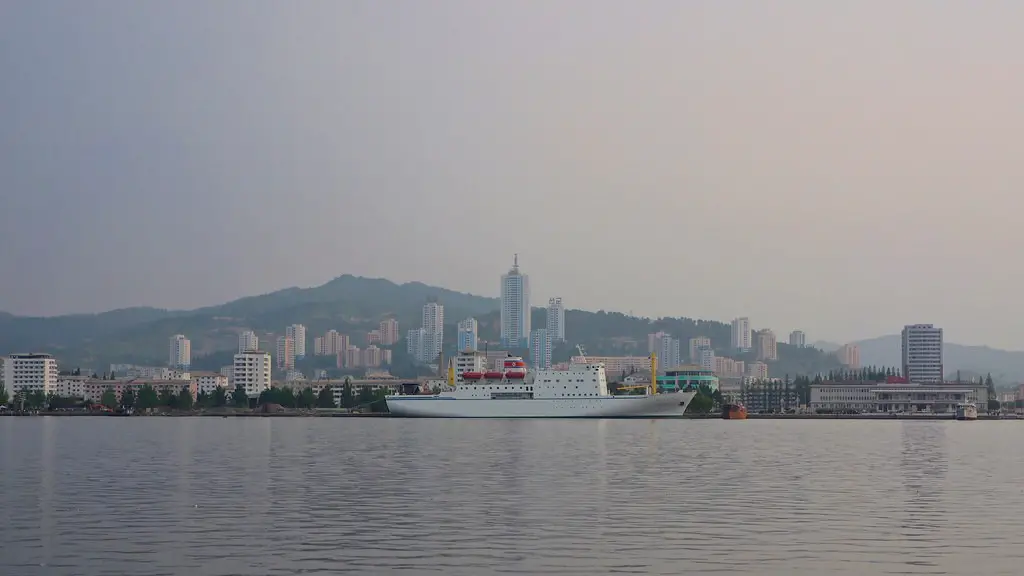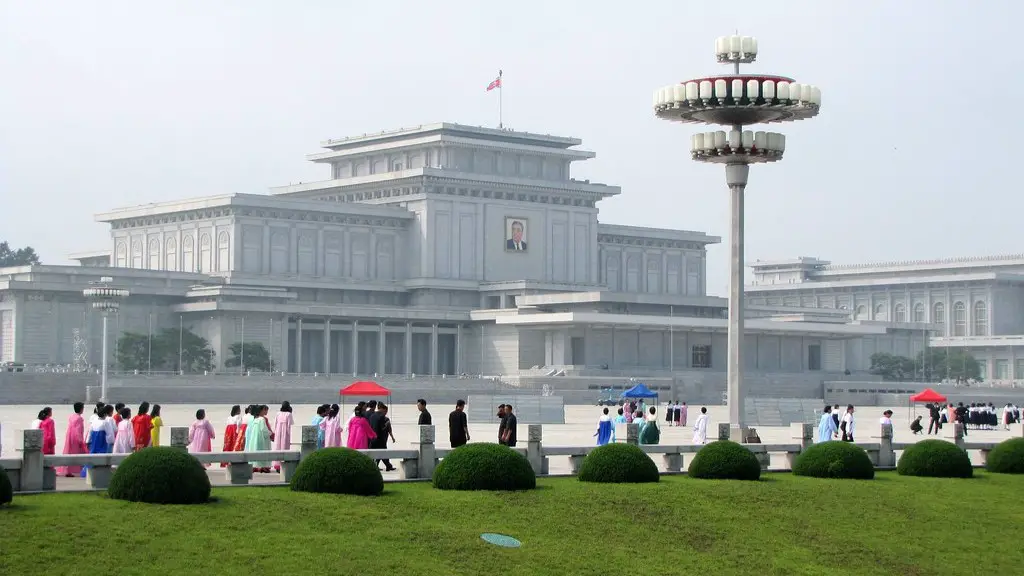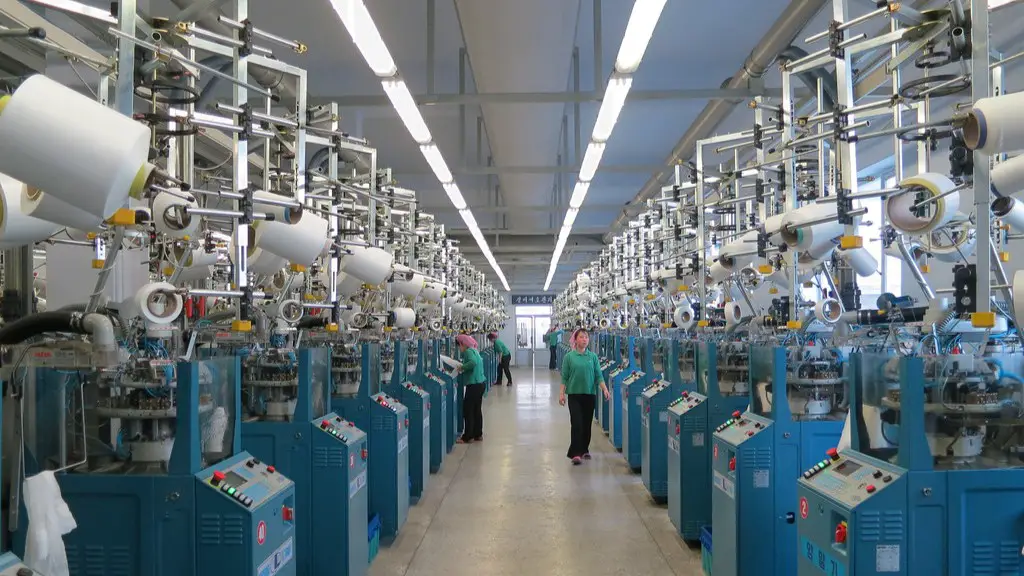Overview of North Korea’s Unlimited Government
North Korea is an isolated country unlike any other nation in the world. It is the only one-party dictatorship in existence ruled by the Workers’ Party of Korea (WPK). The ruling party is led by the Kim family dynasty, whose members are regarded as “Dear leader”. North Korea has no elections, no political parties other than the WPK, and no recognized civil society. Along with this, the government maintains a tightly controlled media environment and suppresses all independent political activity, making it one of the world’s most repressive and authoritarian regimes.
A defining characteristic of the North Korean government is its absolute authority. The government enjoys unchecked control in all aspects of political, economic, and social life. Its power is exercised through an intricate system of secret police and security networks, control over the food distribution system, and tight control over information, especially the media. Human rights are routinely overlooked, and freedom of expression and movement are severely restricted. The parties who attempt to challenge the government risk severe retribution, including imprisonment, torture, and death.
The Effects of the Unlimited Government
The effects of the North Korean government’s unlimited authority are profound. The lack of political and economic freedom has resulted in rampant poverty, food shortages, and a general lack of access to basic services. As of 2019, the vast majority of North Koreans live in poverty, with the United Nations estimating that over 10 million are living in a state of “extreme poverty and hunger”. North Korea has also has one of the highest infant mortality rates in the world, and its healthcare system is woefully inadequate.
The effects of unlimited government have been felt throughout the entire society. The government’s grip over the media and suppression of independent organizations have hindered the spread of information and ideas. Without access to alternative sources of news and information, North Koreans are often subject to the government’s propaganda and lies, leading to a populace that is largely ill-informed of the outside world.
Additionally, the lack of economic and political freedom has largely stifled economic growth and development. North Korea’s economy remains one of the least developed in the world and is heavily dependent on imports from abroad, particularly from neighboring China and South Korea. Without political and economic freedom, it is extremely difficult for North Koreans to engage in any kind of meaningful economic activity and to improve their overall quality of life.
Potential Repercussions of North Korea’s Unlimited Government
The North Korean government’s policy of maintaining a tight grip on power has seen the country become increasingly isolated from the rest of the world. This has had a negative effect on the country’s international standing and reputation, and North Korea is now one of the most sanctioned countries in the world. North Korea is also heavily dependent on external help, particularly from its only ally, China, which funds a large portion of North Korea’s energy and commodity imports. This reliance on outside aid has made the country increasingly vulnerable to disruptions in foreign aid.
The unlimited authority of the government has also had a detrimental effect on the country’s relations with the United States and other powerful countries. With the rise of nuclear weapons, North Korea is now seen as a major security threat and a source of regional tension. In response, the United States and its allies have imposed harsh economic sanctions on North Korea, which has further hampered economic development and growth.
Finally, due to its authoritarian nature, the North Korean government has also been responsible for a wide range of human rights abuses. The government’s actions have resulted in the widespread oppression of its citizens and the violation of basic human rights, such as freedom of expression and assembly. The government’s disregard for its citizens’ rights has been cited as a major cause of the country’s widespread poverty and inequality.
The Pros and Cons of North Korea’s Unlimited Government
The pros and cons of North Korea’s unlimited government are a matter of great debate. Supporters of the current system argue that it has maintained stability and allowed the North Korean people to remain united in the face of outside pressure and aggression. These supporters also posit that the government’s absolute power has enabled the country to resist foreign interference and maintain its independence.
Critics of the government contend that its oppressive rule has caused immense harm to the country and its people. The lack of political and economic freedom has led to widespread poverty, deprivation, and inequality, as well as a general lack of access to basic services. Critics also point to the government’s human rights abuses and its severe restrictions on freedom of expression and movement.
The Future of North Korea’s Unlimited Government
The future of North Korea’s unlimited government is highly uncertain. In recent years, the government has taken steps to make the country more open to the outside world, including the negotiation of a nuclear disarmament deal with the United States. However, the government’s oppressive rule and human rights abuses remain a major cause for concern, and it is unclear whether these will be addressed in the future.
The outlook for change is mixed. On one hand, the current government is unlikely to relinquish its absolute authority and may be unwilling to make any significant political and economic reforms. On the other hand, the country is facing immense external pressure, and its dependence on foreign aid has made it increasingly vulnerable to outside interference. This could potentially lead to a realignment of the North Korean government and its policies in the future.
The Impact of North Korea’s Unlimited Government on the World
North Korea’s unlimited government has had a major impact on the world. Its repressive rule has drawn international criticism and resulted in sanctions from powerful countries, including the United States. Its human rights abuses and refusal to comply with international norms have only further isolated the country from the rest of the world.
Moreover, North Korea’s policy of maintaining a tight grip on power has prevented meaningful economic development and weighed down the quality of life of its citizens. The lack of political and economic freedom has created an environment of poverty and deprivation, making North Korea one of the least developed countries in the world.
Finally, North Korea’s aggressive foreign policy and nuclear weapons program has made it a major security issue in the region and a source of regional tension. This tension has been the source of numerous conflicts in the past, and it remains a major concern for the international community. As a result, many countries have imposed harsh economic sanctions on North Korea in an attempt to force it to comply with international law and improve its human rights record.
Conclusion
North Korea’s unlimited government has been a major source of concern for the international community. Its oppressive rule and human rights abuses have had a major negative impact on the country and its people. Additionally, its aggressive foreign policy and nuclear weapons program have made it a source of tension in the region. While the future of the North Korean government is uncertain, it is clear that the country’s unlimited authority has had a profound effect on the world.



